
Exciting new series on “Voice, Body and Movement for Lawyers – How to connect with the jury and find Justice Through Dramatic Technique!”
Click here to find out more
As part of the application process for U.S. residency, a medical examination is required, part of which includes receiving certain vaccinations. Many applicants for residency have religious beliefs that prevent them from receiving vaccines. There is a process available for these applicants to apply for a waiver of the vaccination requirement if they can demonstrate that they have sincerely held religious beliefs or moral convictions that cause them to object to all vaccines and that their objections are based on their beliefs/convictions.
In light of the increasing number of applicants for residency who are seeking a waiver of the vaccination requirement, Ms. Xenides will discuss:
• The vaccination requirements and medical exam requirements and process generally
• The key components of a religious/moral waiver of the vaccine requirements
• Blanket Medical Waivers for vaccines and the requirements and process for requesting them
• How to draft a successful statement of beliefs, including information that must be included as well as information that should not be included
• How prior vaccination affects the application and how to address it in the statement
• Examples of some types of common objections to vaccines and how to handle them
• Vaccine waivers for minors
• Procedural and processing insight
• Options if the waiver application is denied
Learning Objectives:
? Understand the procedural mechanisms and timeline for applying for a religious/moral waiver of the vaccination requirements for U.S. residency
? Gain important knowledge on how to draft a successful statement of beliefs that meets the burden of proof
? Identify other potential options for your client including blanket medical waivers, filing an appeal of a denied waiver, and re-filing a new waiver application
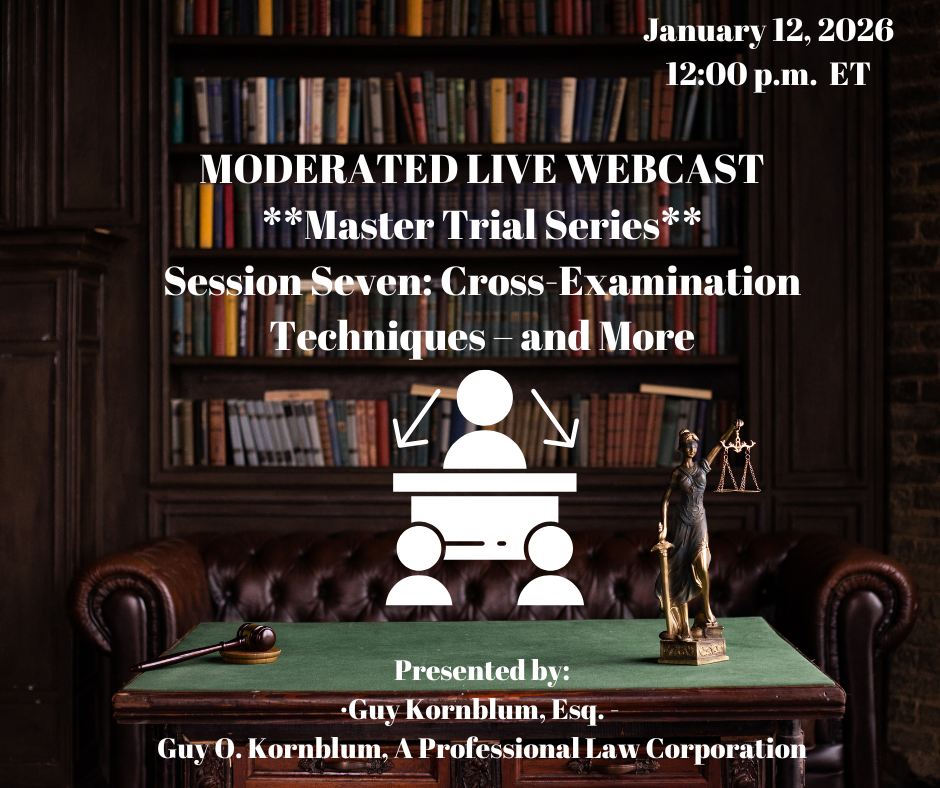
MODERATED-Session 7 of 10 - Mr. Kornblum, a highly experienced trial and litigation lawyer for over ...
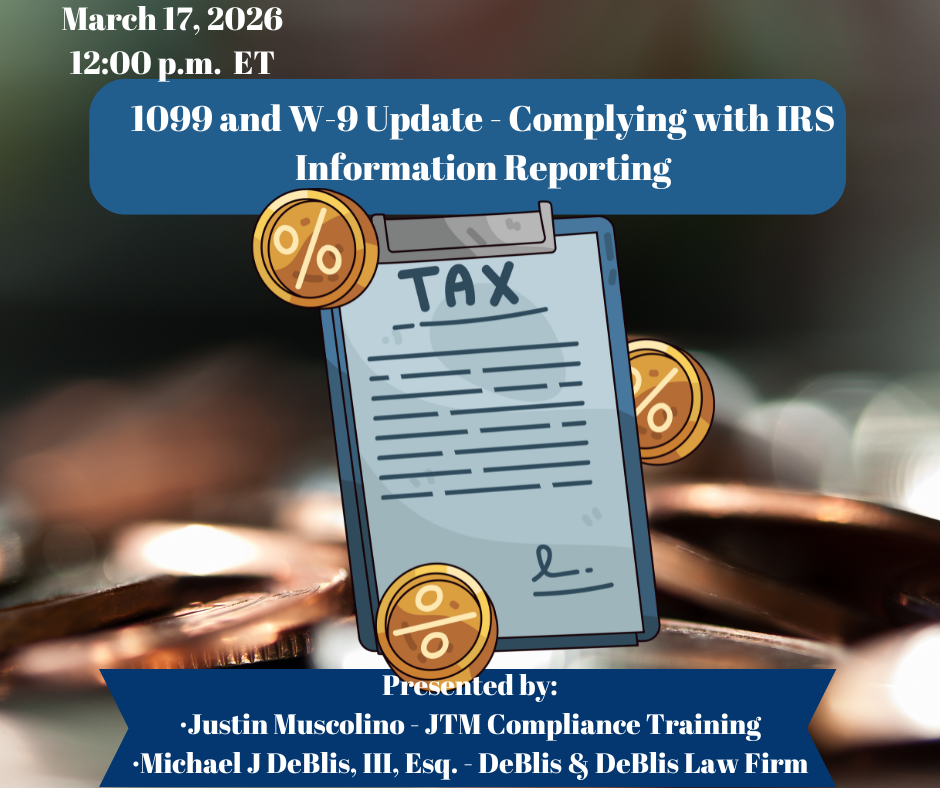
This CLE program covers the most recent changes affecting IRS information reporting, with emphasis o...
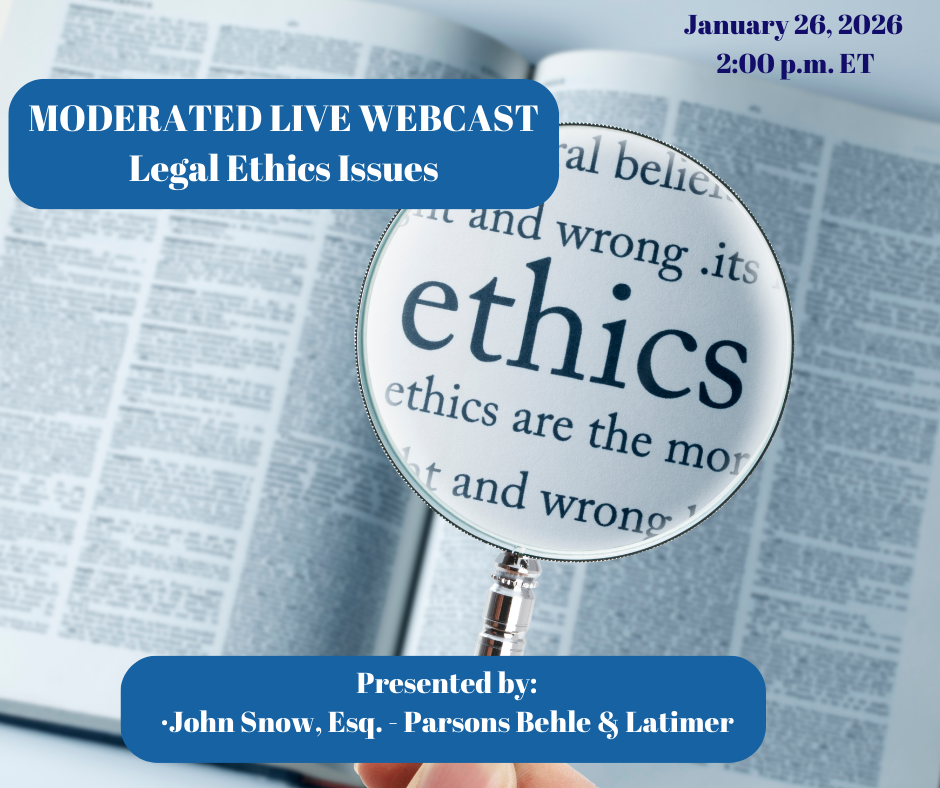
Protect clients and yourself by knowing some of the more common ethical issues that can affect your ...
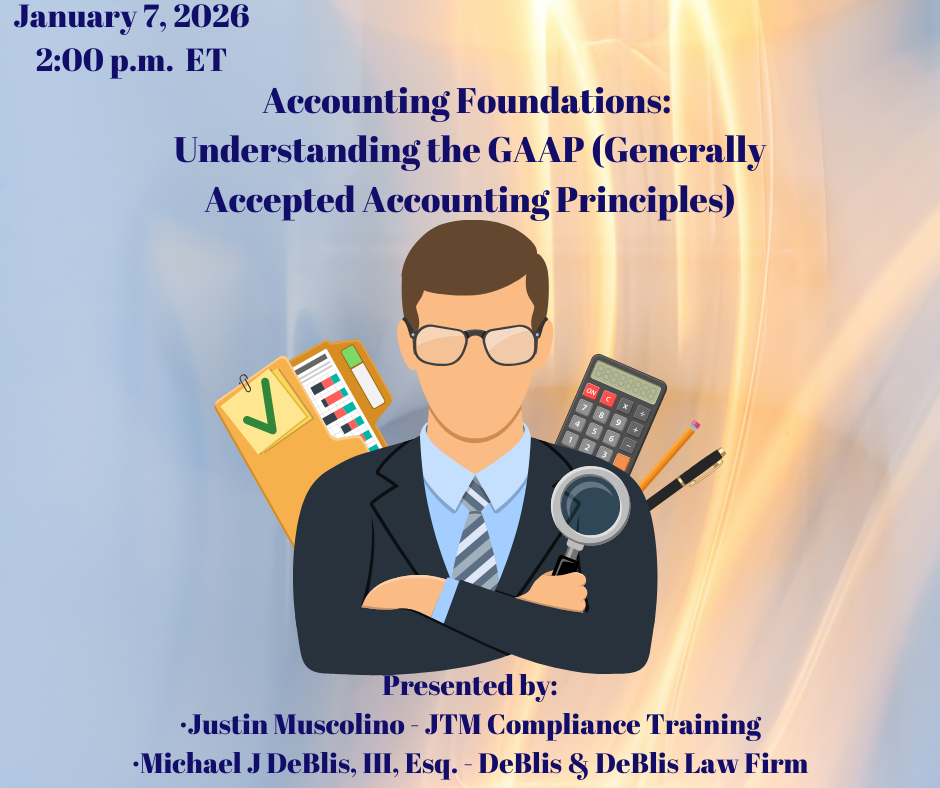
This course introduces attorneys to the core principles of GAAP and the legal significance of standa...
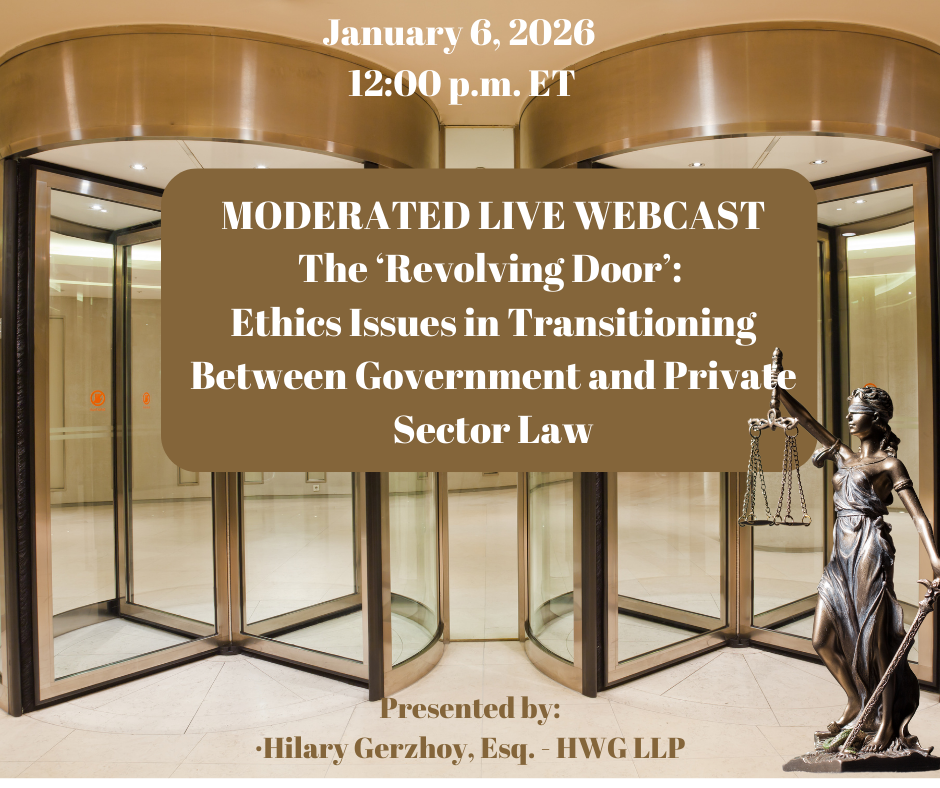
This CLE will cover the critical ethics issues involved in leaving government practice for the priva...
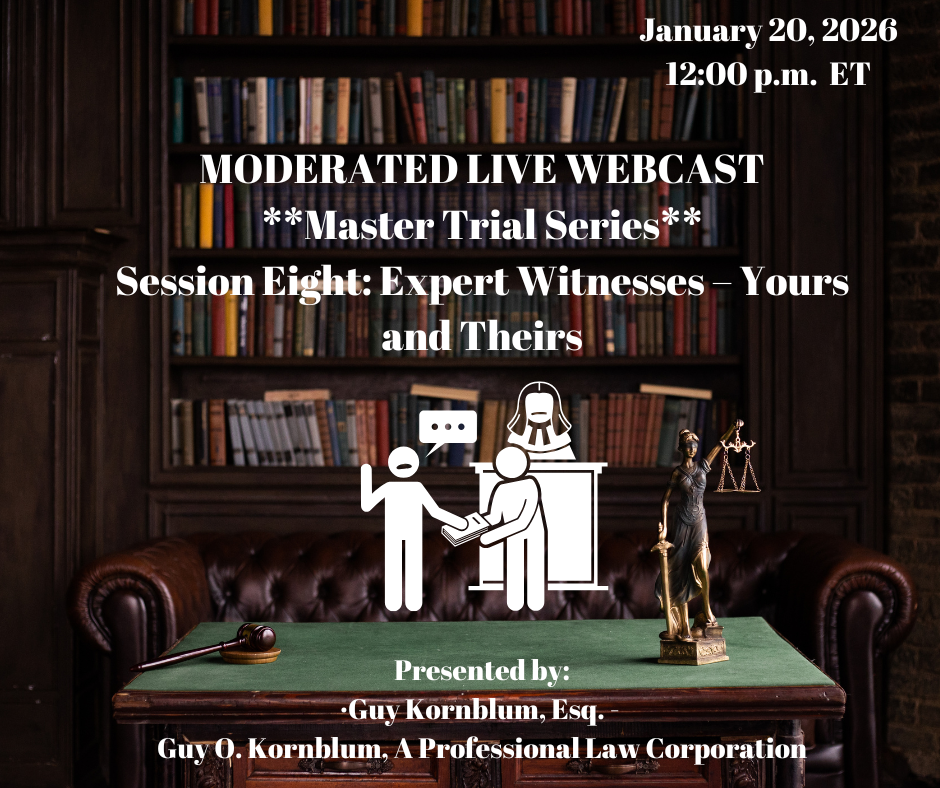
MODERATED-Session 8 of 10 -Mr. Kornblum, a highly experienced trial and litigation lawyer for over 5...
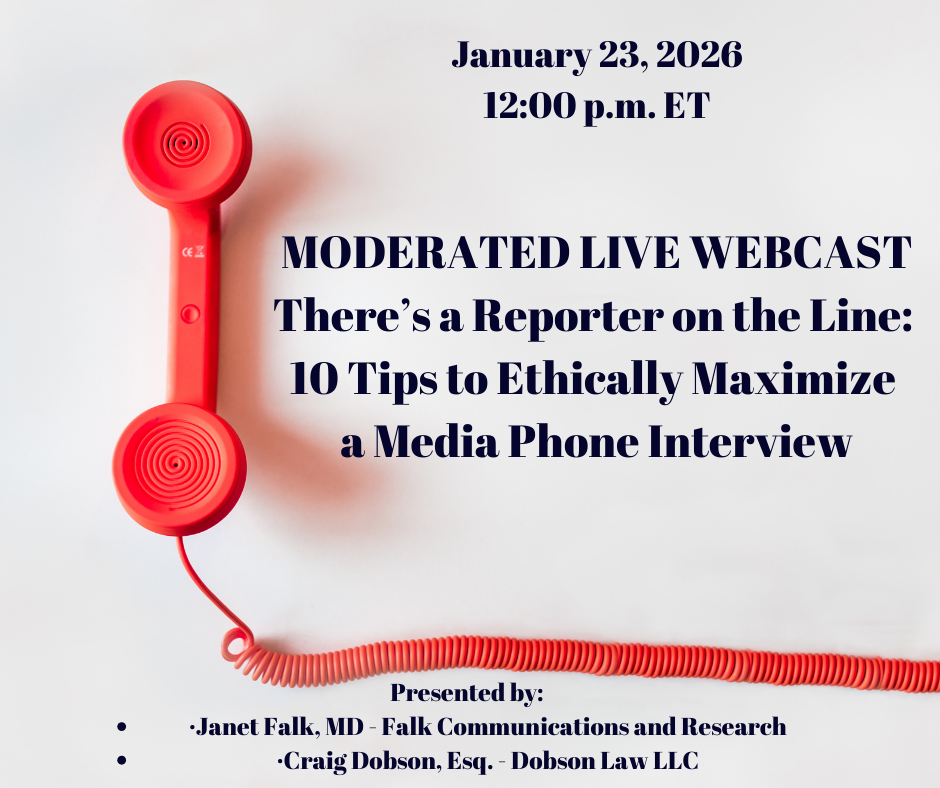
You’ve arranged to speak with a reporter. Do you know how to deliver insights that are memorab...
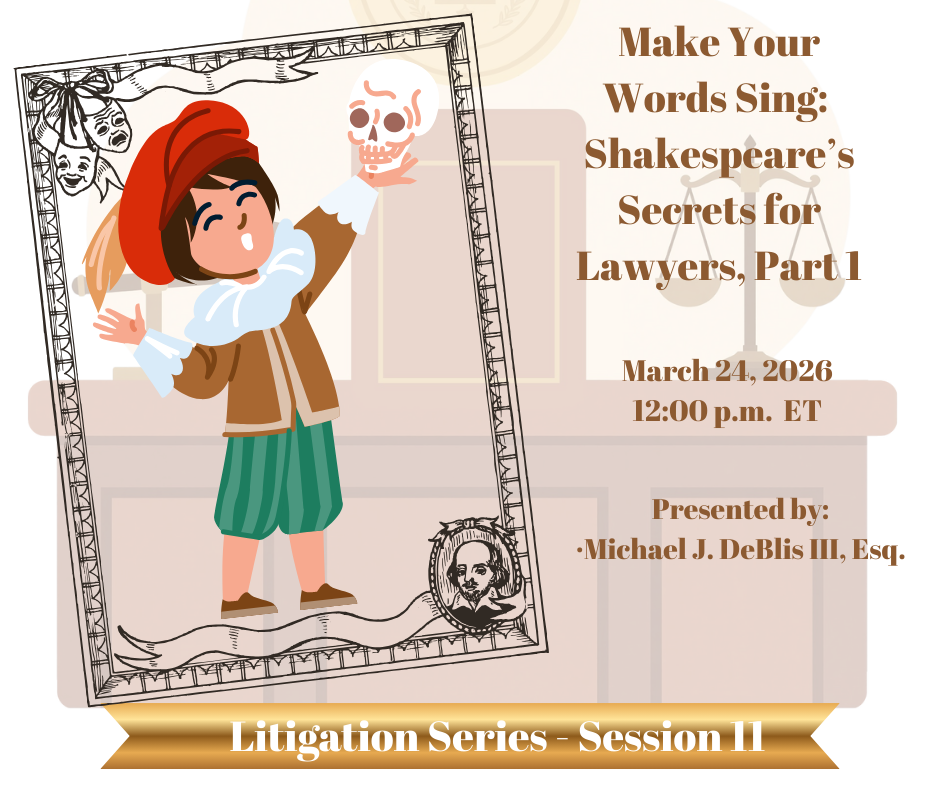
This Shakespeare?inspired program illustrates how Shakespearean technique can enrich courtroom advoc...
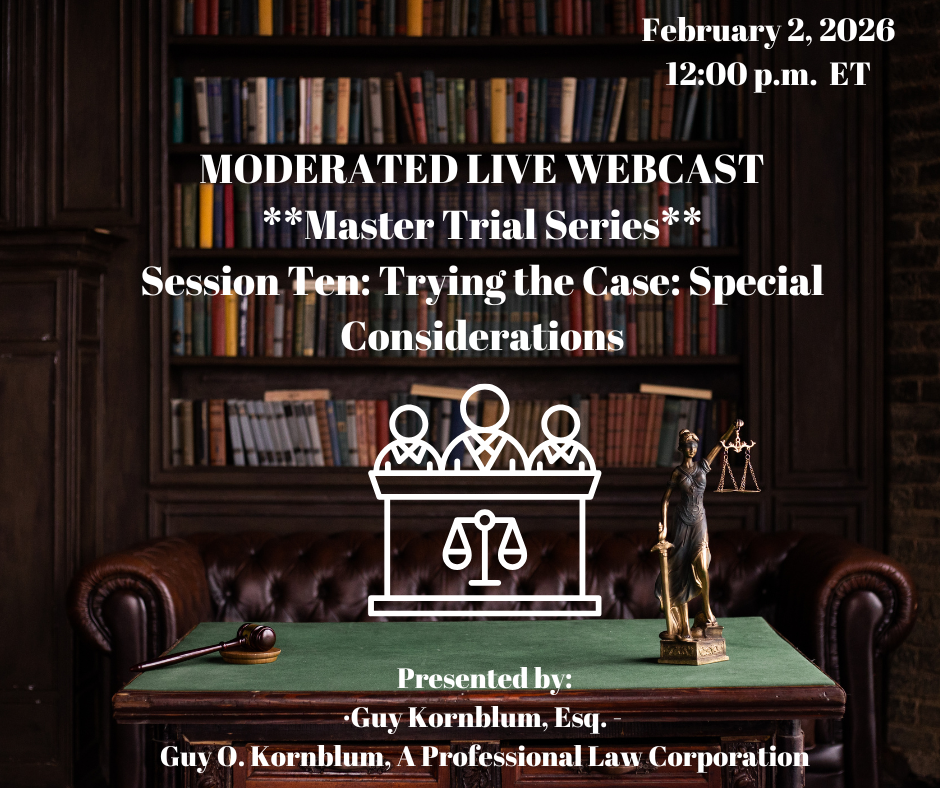
MODERATED-Session 10 of 10 - Mr. Kornblum, a highly experienced trial and litigation lawyer for over...
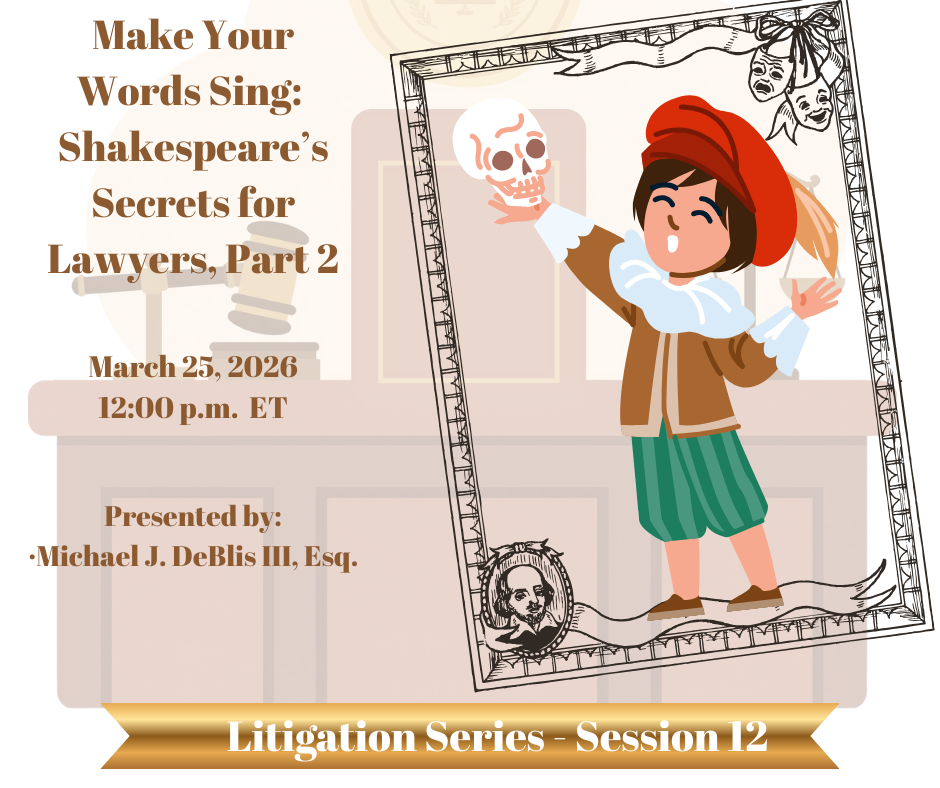
This companion program to Part 1 goes deeper into the rhetorical power of Shakespeare, emphasizing h...